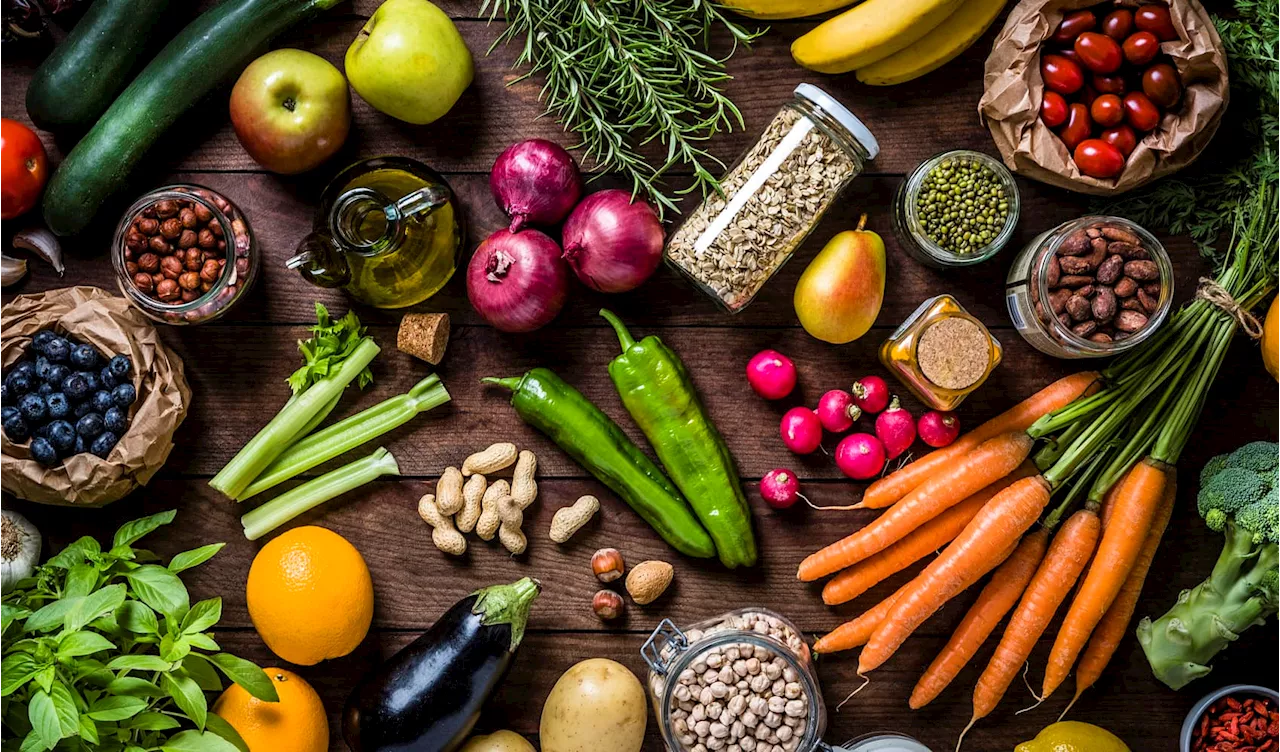Top Stories
Eight Foods to Help You Reduce Visceral Fat in 30 Days

Recent research highlights the role of diet in combating visceral fat, a type of body fat linked to various health risks, including heart disease and diabetes. Nutritionists suggest that incorporating specific foods into one’s diet can significantly help in reducing this fat within just 30 days.
Understanding Visceral Fat and Its Health Implications
Visceral fat is stored in the abdomen and surrounds vital organs. Unlike subcutaneous fat, which is found just beneath the skin, visceral fat poses a greater risk to health. According to data from the Harvard T.H. Chan School of Public Health, high levels of visceral fat can lead to serious conditions such as metabolic syndrome and cardiovascular diseases.
For those seeking to manage their weight and improve overall health, a focus on specific dietary choices can be beneficial. Nutritionists emphasize that certain foods can not only aid in fat reduction but also enhance overall wellness.
Top Foods to Include in Your Diet
1. **Avocado**: Rich in monounsaturated fats, avocados help increase feelings of fullness. A study published in *Nutrition Journal* found that including avocados in meals can significantly reduce waist circumference.
2. **Green Tea**: This beverage contains catechins, which are known to boost metabolism. Research indicates that drinking green tea regularly can help reduce visceral fat accumulation.
3. **Quinoa**: A nutrient-dense whole grain, quinoa is high in protein and fiber. Its low glycemic index makes it an excellent choice for maintaining stable blood sugar levels, which can help control appetite.
4. **Berries**: Packed with antioxidants and fiber, berries are beneficial for overall health. Their natural sweetness can satisfy sugar cravings without the added calories.
5. **Fatty Fish**: Salmon, mackerel, and sardines are rich in omega-3 fatty acids. Studies show that these fats can help reduce inflammation and are associated with lower levels of visceral fat.
6. **Leafy Greens**: Spinach, kale, and other leafy greens are low in calories yet high in essential nutrients. Their fiber content aids in digestion and keeps one feeling full longer.
7. **Nuts**: Almonds and walnuts provide healthy fats, protein, and fiber. Research indicates that nut consumption is linked to lower body fat levels, including visceral fat.
8. **Legumes**: Beans, lentils, and chickpeas are excellent sources of protein and fiber. Their complex carbohydrates can help regulate blood sugar levels and curb hunger.
Nutritionists recommend incorporating these foods into daily meals over a period of 30 days for noticeable results. Each food contributes to fat loss while promoting overall health.
In conclusion, making informed dietary choices is crucial for anyone looking to reduce visceral fat. By focusing on nutrient-rich foods, individuals can enhance their health and well-being. For those interested, consulting with a healthcare professional or nutritionist can provide personalized guidance tailored to individual needs.
-

 Lifestyle5 months ago
Lifestyle5 months agoLibraries Challenge Rising E-Book Costs Amid Growing Demand
-

 Sports5 months ago
Sports5 months agoTyreek Hill Responds to Tua Tagovailoa’s Comments on Team Dynamics
-

 Sports5 months ago
Sports5 months agoLiverpool Secures Agreement to Sign Young Striker Will Wright
-

 Lifestyle5 months ago
Lifestyle5 months agoSave Your Split Tomatoes: Expert Tips for Gardeners
-

 Lifestyle5 months ago
Lifestyle5 months agoPrincess Beatrice’s Daughter Athena Joins Siblings at London Parade
-

 Science4 months ago
Science4 months agoSan Francisco Hosts Unique Contest to Identify “Performative Males”
-

 World5 months ago
World5 months agoWinter Storms Lash New South Wales with Snow, Flood Risks
-

 Science5 months ago
Science5 months agoTrump Administration Moves to Repeal Key Climate Regulation
-

 Business5 months ago
Business5 months agoSoFi Technologies Shares Slip 2% Following Insider Stock Sale
-

 Science5 months ago
Science5 months agoNew Tool Reveals Link Between Horse Coat Condition and Parasites
-

 Sports5 months ago
Sports5 months agoElon Musk Sculpture Travels From Utah to Yosemite National Park
-

 Science5 months ago
Science5 months agoNew Study Confirms Humans Transported Stonehenge Bluestones









